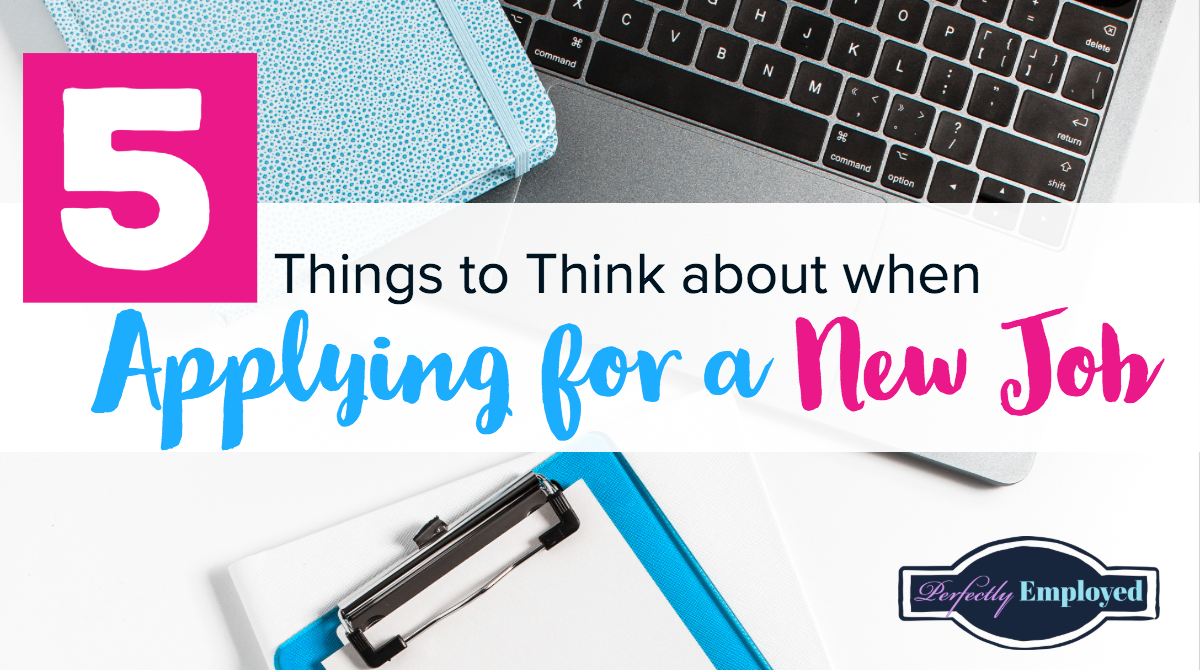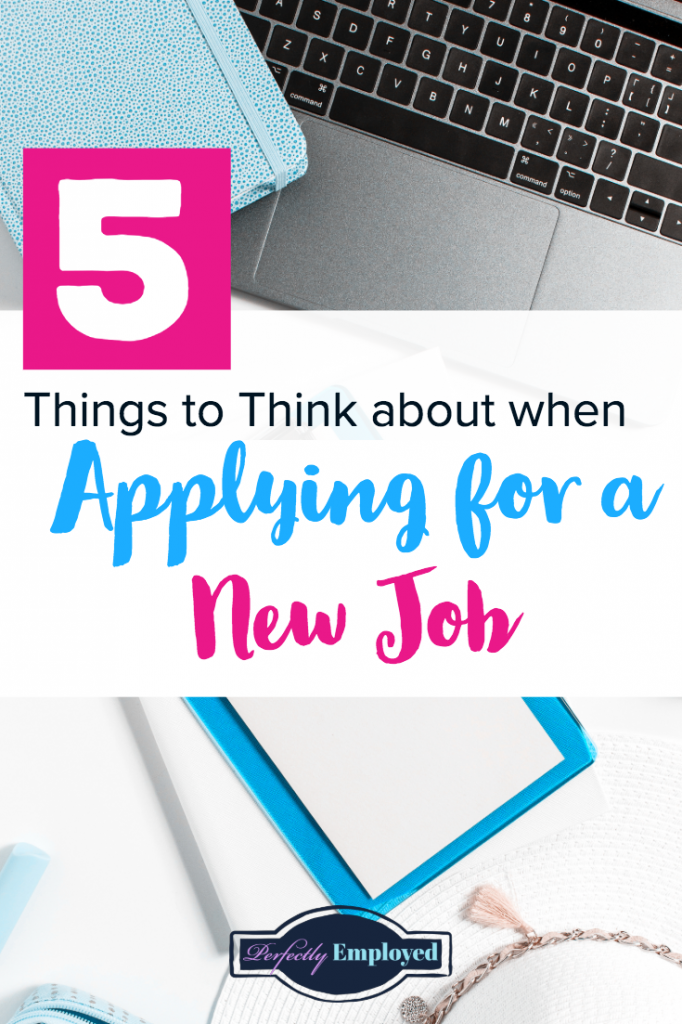
You’ve found a job that you like on the market and now, you’re ready to pursue it. Don’t let that counter at the bottom of the page put you off which shows how many people have already replied. You have what it takes to succeed here. There are just a few key details that you need to be aware of before you start this journey.
These pieces of information will help ensure that you are not caught off guard during the recruitment process and give you some idea of what to expect. Bear in mind that while these facts will not hold true for every position, they will be relevant to most on the market today. So, let’s get started.
The Interview is Only One Part of the Process
You might think that if your interview goes beautifully, then you don’t need to worry about taking things any further. After all, you have it in the bag! Not so fast, recruitment processes these days are often multilayered. So, they might begin with a phone interview. This will be a short process and a follow up after receiving your CV. One of the recruitment officers will explore what you can offer, what you might be able to bring to the table and why you should be put forward for a follow-up interview. They will also tell you a little more about the position that you are applying for. If this goes well, an interview will usually be set up and dated while you are on the phone.
You need to be as flexible as possible here. While it’s good to show that you are quite busy and in high demand if you make it too difficult, an employer may simply pursue other possibilities. This is a rookie mistake. Don’t let it drag any longer than three different possible interview times and days before settling on one that suits you and them. Making sure that you accommodate the needs of others is a good trait to show off at an early stage.
After that first interview, it’s possible that you will be given a task to complete. Alternatively, you might be brought in for a workday. Here, you will be given a feel for the type of role you will be completing and what you can expect from the position. The employer will note how you perform in a working environment and if you can complete certain daily tasks related to the role.
Once you have completed and passed this level, you may then be asked to a further interview with some of the higher-ups present. This will usually depend on the role that you are pursuing and how high up the management chain it is.
60 Seconds
That’s all you have. That’s as long as an employee or recruitment specialist will usually take to browse over your CV. Supposedly, this is all they need to get a good idea of who you are and what you can offer. At least, that will be the case if your CV is laid out and written the right way. This means that it should be easy to skim, provide clear and informative and offer concise facts about who you are and what you can offer. The general rule of thumb here is that you shouldn’t be stretching your CV more than two pages. It’s worth modifying it to only include relevant information to each individual position that you pursue.
There are exceptions. For instance, you might have a massive record of experience. Pay attention to the job ad as well. It might mention that a wealth of experience is highly sought after for the person who will fill the position. If that’s the case it makes sense to include two pages of roles that you have filled, if they are relevant.
Employers must Follow the Rules
It’s important to understand that there are rules that employers must follow when they hire you. They need to make sure that they are dotting the is and crossing the Ts. Employment law firms like Ogletree Deakins will often make sure that they hire the best members of their team to ensure that this is the case. So, what does this mean for you? Well, firstly, employers are not allowed to ask you certain personal questions such as your sexuality or religion. Or rather, they are not allowed to base whether they chose to hire you on these types of traits.
More relevant is the fact that an employer can not provide you with a hint or clue that you have successfully gained the position. They have to be fair to each individual candidate that interviews. So, if you’re hoping for a wink or a nod to the fact that you’ve been selected, you’ll be out of luck. Particularly, if you’re only at stage one.
Harassment and Bullying are Never Acceptable
There have been reports where employers have used intimidation tactics during an interview to see whether the person can handle the role in question. Accounts of employees being broken down to the point where they burst into tears have gained media attention.
Be aware, it doesn’t matter if this is an act that the employer breaks at the end of the interview. It doesn’t matter whether they apologize or whether they cite sources claiming this to be a recognized interview technique. It is not acceptable for you to be treated this way. If you are worried about issues like this check resources like Glass Door. This will provide you with accounts of real employees of the company and former candidates.
Look for Positive Signs
Finally, you might be interested in learning some of the signs that you are definitely being considered as a potential candidate for the position. Well, there are a few possibilities to look out for here. You might be immediately introduced to some of the people working at the company. Alternatively, you may find that you are shown where you could potentially be working. Even the grip of a handshake could be a sign that you are on the right track.
We hope this helps you navigate the recruitment process next time you pursue a position on the market.
Save to Pinterest

